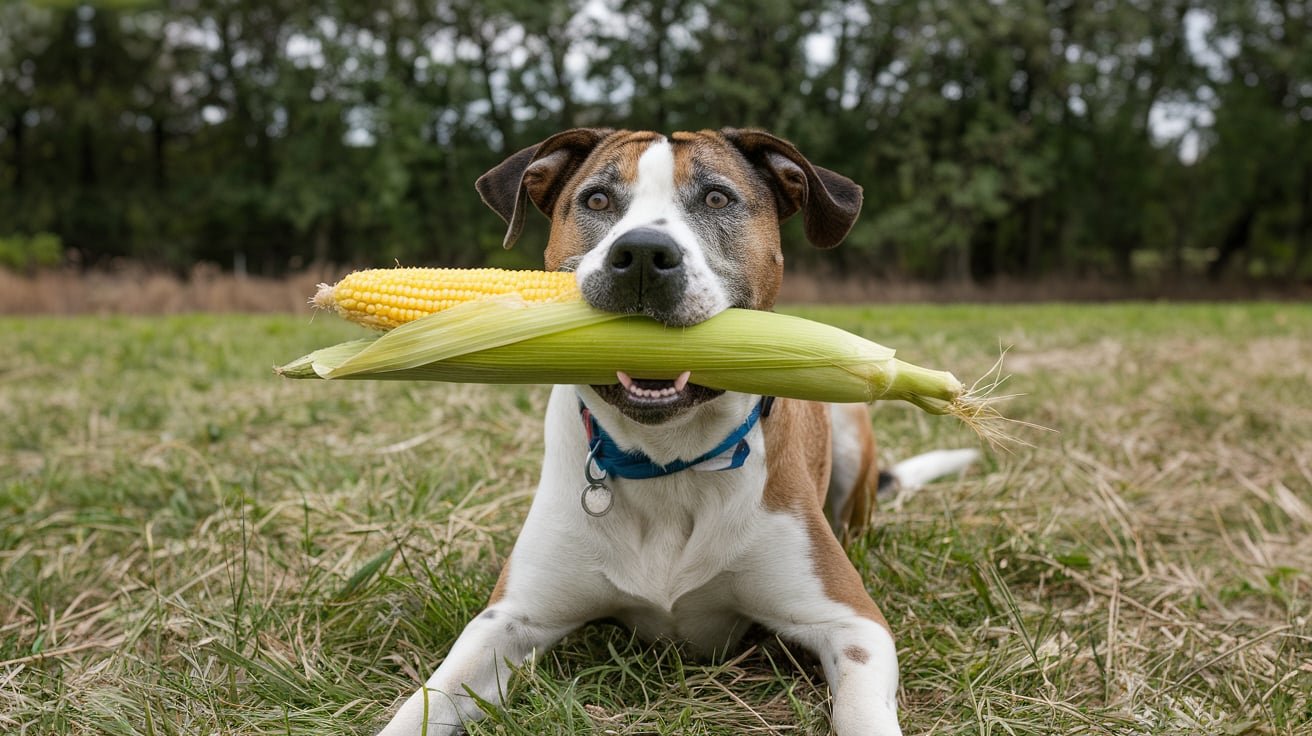The short answer is yes, dogs can eat oranges. Oranges are not toxic to dogs, and in moderation, they can be a healthy treat. However, like any new food, it’s essential to understand the pros and cons before adding it to your dog’s diet.
Nutritional Benefits of Oranges for Dogs
Oranges are packed with vitamin C, which is beneficial for dogs just as it is for humans. Vitamin C helps boost the immune system, supports healthy skin, and can even reduce inflammation. Oranges also contain fiber, which aids in digestion, and are low in calories, making them a good option for dogs that need to watch their weight.
In addition to vitamin C, oranges provide:
- Potassium: Essential for muscle function and maintaining a healthy heart.
- Folate: Important for cell growth and function.
- Antioxidants: Help fight free radicals and support overall health.
Risks of Feeding Oranges to Dogs
While oranges have several health benefits, they are also high in natural sugars and can be acidic. This means that feeding your dog too many oranges can lead to some unwanted side effects.
1. Upset Stomach: The acidity in oranges can cause gastrointestinal upset in some dogs. This might result in vomiting or diarrhea, especially if your dog has a sensitive stomach.
2. Weight Gain: While oranges are low in calories, the natural sugar content can add up, especially if your dog is already consuming a balanced diet. Overfeeding sugary fruits can contribute to weight gain and other health issues.
3. Choking Hazard: Orange peels can be tough for dogs to digest and might pose a choking hazard. The peel is also harder to chew and can cause blockages in the digestive tract if swallowed whole.
How to Safely Feed Oranges to Your Dog
If you’re considering giving your dog oranges, it’s crucial to do so in a way that’s safe and beneficial for them. Here’s a step-by-step guide to help you introduce oranges to your dog’s diet.
Step 1: Start Small
When introducing any new food, it’s always best to start with a small amount. Begin by offering your dog a small slice of orange without the peel. Watch for any signs of discomfort, such as vomiting, diarrhea, or lethargy.
Step 2: Remove the Peel and Seeds
Always remove the orange peel and any seeds before giving it to your dog. The peel can be difficult for dogs to digest, and the seeds, while not highly toxic, could pose a choking hazard or cause intestinal blockages.
Step 3: Monitor for Allergic Reactions
Although rare, some dogs may be allergic to oranges. After your dog eats an orange for the first time, keep a close eye on them. Look for symptoms like itching, swelling, or difficulty breathing, which could indicate an allergic reaction. If you notice any of these signs, contact your veterinarian immediately.
Step 4: Keep Portions Small and Infrequent
Oranges should be given as an occasional treat, not a regular part of your dog’s diet. A small wedge or two is more than enough. Feeding too many oranges can lead to the issues mentioned earlier, such as an upset stomach or weight gain.
Step 5: Consider Your Dog’s Overall Diet
If your dog already enjoys a well-balanced diet with plenty of fruits and vegetables, adding oranges might not be necessary. On the other hand, if your dog doesn’t get many fresh fruits, a small piece of orange can be a delightful and healthy addition.
Anecdote: My Dog’s First Orange
I remember the first time I gave my dog, Max, a piece of orange. He sniffed it curiously, unsure whether to eat it or play with it. After a few cautious licks, he finally took a small bite. To my surprise, Max loved it! Now, whenever I peel an orange, he’s right there, wagging his tail, hoping for a slice. However, I always make sure to give him just a little and watch him closely afterward.
Alternatives to Oranges for Dogs
If your dog doesn’t seem to enjoy oranges, or if you’re concerned about the potential risks, there are plenty of other fruits that are safe for dogs to eat. Some dog-friendly fruits include:
- Apples (without seeds)
- Blueberries
- Bananas
- Strawberries
- Watermelon (seedless)
These fruits also provide essential nutrients and can be a great alternative to oranges.
When to Avoid Feeding Oranges to Your Dog
While oranges are generally safe for most dogs, there are some situations where you should avoid giving them this fruit:
- Diabetic Dogs: Due to the high sugar content, oranges may not be the best choice for dogs with diabetes.
- Dogs with Sensitive Stomachs: If your dog has a history of digestive issues, it’s best to steer clear of acidic fruits like oranges.
- Obese Dogs: If your dog is overweight, the extra sugar and calories from oranges might not be ideal.
Conclusion: Should You Give Your Dog Oranges?
In conclusion, dogs can eat oranges safely, but moderation is key. Oranges can be a tasty and nutritious treat when given in small amounts, and most dogs enjoy the juicy, sweet flavor. However, it’s essential to be aware of the potential risks and to introduce this fruit to your dog’s diet slowly.
If you’re ever in doubt about whether a certain food is safe for your dog, it’s always a good idea to consult your veterinarian. They can provide personalized advice based on your dog’s specific health needs.
So, the next time you’re enjoying an orange, feel free to share a small slice with your furry friend, but remember to do so responsibly.



